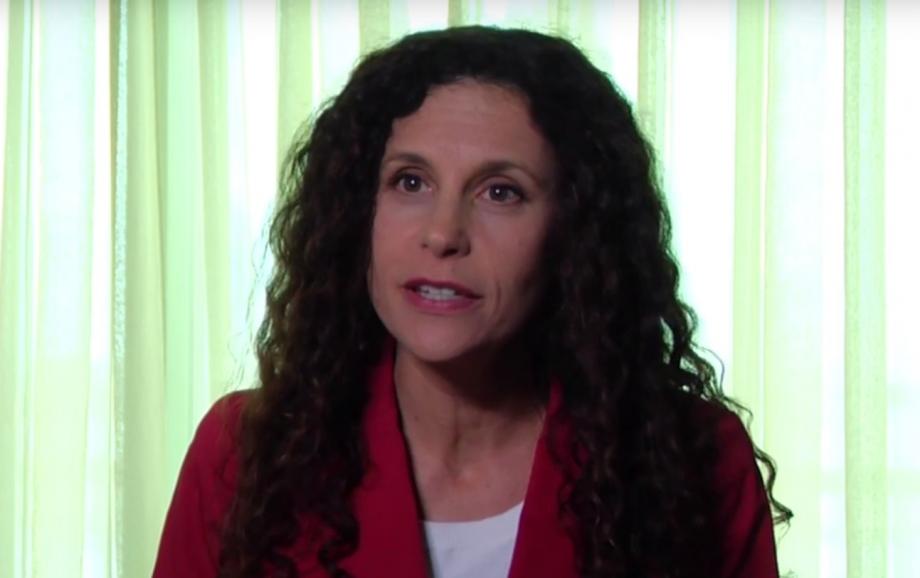My Chicago Law Moment: Susan Epstein, '95, Still Reflects on Concepts She Learned in Elements of Law

My Chicago Law Moment is a series highlighting the Law School ideas, experiences, and approaches that have impacted our students and alumni. Video produced by Will Anderson.
Even alumni who choose not to practice law find that their Law School education has changed the way they think. Just ask Susan Epstein, ’95, a management consultant and an elected school board member in Santa Barbara, California.
“I’ve spent most of my career in management, both in the public and private sectors … and my legal education has been incredibly useful,” she said. Her Chicago Law Moment—the aha! that has resonated for more than 20 years—is an idea she first encountered in her Elements of Law class: limitations on freedom of contract. The concept, which focuses on factors that make the bargaining power of parties unequal and therefore limit the ability to contract freely, has been useful in thinking about a number of issues, including school union negotiations and the way she guides startup founders as a management consultant.
“There are times when we might assume (that people) have the freedom to contract, but either they aren’t able to make that request or if they asked for something the market wouldn’t respond—they wouldn’t be able to get it,” Epstein said.
For instance: “I’m an elected school board member, and I work with our district management team to bargain with the unions, and having an understanding of potentially unequal bargaining, collective action issues, bounded rationality, and other limitations on freedom of contract has helped to put me in the shoes of those we’re bargaining with and help our district achieve true interest-based bargaining,” she said. “In turn, that helps to benefit our employees, raise staff morale, and ultimately to benefit the thousands of students in our district.”
She has also drawn upon the concept as a consultant—for instance, when advising a startup on an upcoming meeting with investors to set compensation structure.
“Knowing that a technology entrepreneur might be an expert in programming code but might not be as familiar with sophisticated financial investments, I might recognize that that entrepreneur doesn’t have the same kind of information to allow for freedom of contract—it’s not perfect information, which you need for a free market to work effectively,” she said. “That allows me to work with my client to guide them in thinking about what kind of benefits they might want in the short term for their compensation, how the business might evolve, what they might want later on, and what incentives the investors might have so my client can then bargain more effectively.”
Epstein said her Elements class, taught by David Strauss, the Gerald Ratner Distinguished Service Professor of Law, has stuck with her.
“It’s a class in which we learned about legal jurisprudence, the philosophy, politics, psychology and economics … (of law)—really the underpinnings of public policy,” she said. “In that class, he taught us about the free market and how it might work. He talked about proponents of a free market, and about those who believed there were times when a free market didn’t work so well. This really resonated with me.”
Law School Alumni: Do you have a Chicago Law Moment you would like to share? It could be an experience or idea that has resonated since you left the Law School, or it could be a moment when you became particularly aware of the Law School’s impact. If you’d like to share your story, email Becky Beaupre Gillespie in the Law School’s Communications Office: beckygillespie@uchicago.edu